
Editor
Le match France - Algérie vient chambouler le train-train de Brahim et Mouloud. Cet évènement va diviser les deux amis : Brahim revendique son identité algérienne, Mouloud fustige son refus de la France, pays qui les a vu grandir.

Editor
A poor man rescues a rich man from burglars. as a way for thanking him The rich guy invite him and his family to come and live in his luxurious hotel. The poor family's life turns upside down in their new home.
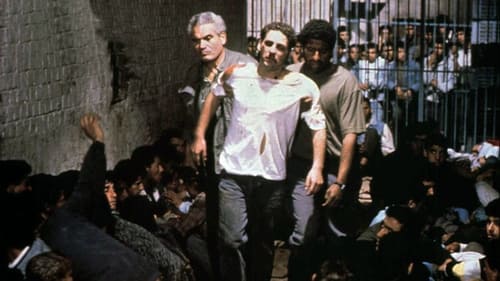
Editor

Editor
On the outskirts of Algiers, Algeria. the arrival of the satellite dishes governs the lives of the inhabitants. Dissatisfied with their lives, they think of themselves as the heroes of American soap opera and movies, so JR, Sue Ellen, Rambo, Kojak, Spock and others take possession of bodies and minds, with many typical American culture elements. These heroes mix in a beautiful funny mess, with tradition and modernism, Islam and television, reality and fiction.

Editor
The young Ali, a second year law student, gets caught up in a student demonstration. The situation escalates, a cop is injured and witnesses designate Ali, of Arabic origin, as guilty.

Editor
Seen through the filtered lens of boyhood memories, award-winning director Mohamed Lakhdar-Hamina crafted this half-fictional, half-autobiographical account of a brief period in the history of an Algerian village. It is 1940, and the quiet town is ruled by French colonialists appointed by the Vichy government. Algerians are being called up for service in the Vichy military, and Jews in the village are in danger of deportation. A beautiful young schoolteacher named Claire Boyer (Veronique Jannot) arrives in town and turns every male head within miles, including 14-year-old Mouloud (Merwan Lakhdar-Hamina, the director's son). Simon Attal (Michel Boujenah), a fellow teacher and a Jew, is also attracted to Claire, and so is Mouloud's older brother. Suddenly two murders occur in the village, Simon is in danger of being deported, and the tone shifts from the dreams of boyhood to the realities of manhood.
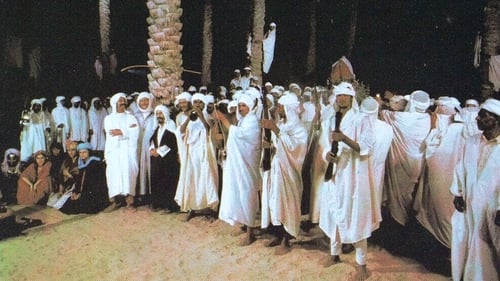
Editor
Seen right through the sandstorms that rack the lives of a tribe living on a desert oasis, is a subtle and not-so-subtle mistreatment of the female members of the tribe - tribal chiefs have the right to be the first to deflower virgins, and single or widowed mothers must walk a narrow line of behavior restrictions that do not apply to their male counterparts. Both genders, however, fight the brunt of the harsh desert winds together.

Editor
An arranged marriage as seen through the eyes of an unhappy young Algerian woman.
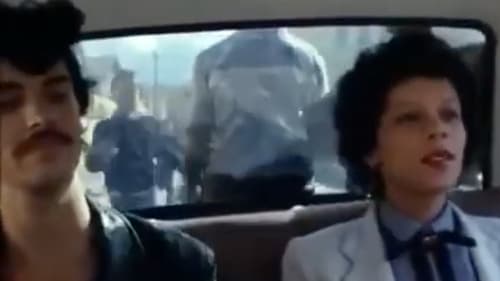
Editor
A family or Algerian origin comes back to Algeria after having lived in France for a long time. The children, born in France, have a hard time adapting to Algerian society, and the contrast between traditionalist mentalities and youth wanting to have fun clash, reaching havoc in the village.
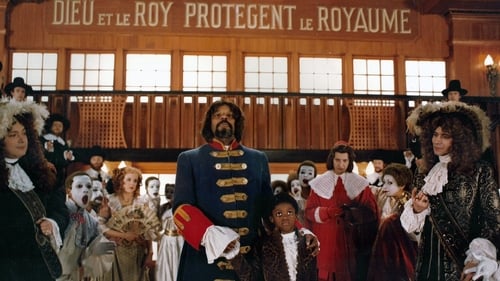
Editor
A single-set color musical tracing the history of the West Indies through several centuries of French oppression.
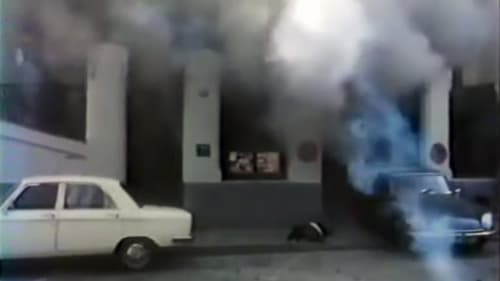
Editor

Editor
Documentary filmed over a period of four months, from 25 December 1975 to 5 March 1976, in the area of the former Spanish Sahara claimed by the people who lived there, the Saharawis, a people now mobilised and in arms (the Polisario Front) against Morocco and Mauritania, two states that have signed an agreement to share the territory.

Sound Engineer
Tahar, son of a wealthy family, is trying to preserve his privileged status despite the social changes brought about by the revolution. Tinted with historical symbolism, the film tells of the disaggregation of a feudal family when the father died.
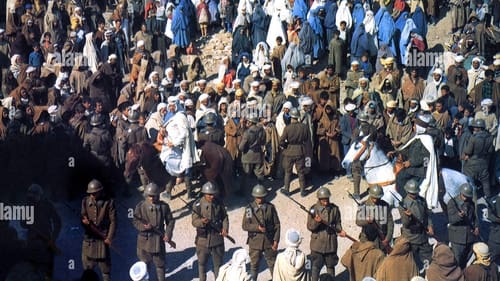
Editor
Фильм демонстрирует начало Войны за независимость Алжира глазами крестьянина.
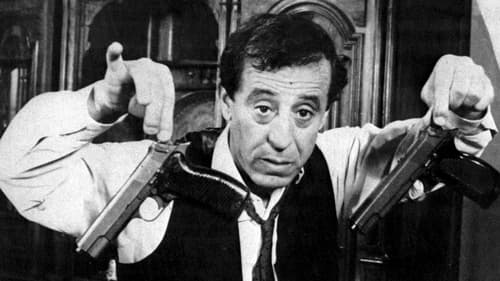
Editor
Directed by Mohammed Lakhdar-Hamina.









